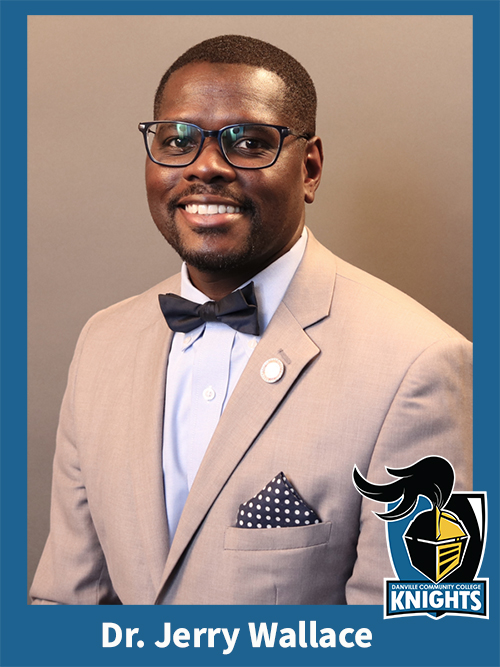
The Danville region is in the middle of an economic transformation. Businesses like Caesars Casino and a new Tysons Food facility are being developed that will lead to hundreds of jobs for the community.
Danville Community College (DCC) is ensuring its educational offerings prepare students for those in-demand jobs. The institution is also working with companies to increase retention and enhance the local workforce.
“[DCC] is working to fill the needs of our region by hosting many workforce viewpoints and round tables with industry leaders to learn what they need,” DCC President, Dr. Jerry Wallace, said. “We’re hearing a demand for automation and robotics, industrial maintenance, and truck drivers in our region.”
Engaging with and learning from local businesses and organizations.
“Our team at DCC is always hitting the pavement to make sure we’re connected to our community organizations, whether they’re non-profits or business industry. We welcome industry leaders to come to campus and learn more about our programs,” said Dr. Wallace.
For the Danville region, retention has been one of the most common challenges among employers. With that feedback, DCC launched a human resource training program that allows companies to look at how they retain their employees.
“We’ve learned that employees want to upskill while they’re still working. We’re looking at trying to make sure DCC programs can pay while students are learning,” Dr. Wallace said. “’Learn and earn apprenticeships’ and similar programs are key to making sure that employees stay retained with their employer.”
Setting students up for success.
The first step for a student interested in workforce training is getting them connected with a success coach.
“DCC’s success coaches meet with students one-on-one to go over their options and offer a tour of our facilities. We also provide opportunities for students to meet local industry leaders where they potentially will become employed,” Dr. Wallace said. “We even added an apprenticeship coordinator role at DCC to connect our students to job opportunities while they’re in a program.”
Thanks to state funding and the DCC Educational Foundation, accessing education often comes at little to no cost for students interested in earning a workforce credential.
And programs at DCC are being set up to lead to future opportunities.
“Our short-term credentials aim to get students into an industry, and from there they can build on those skills, leading to increased wages,” Dr. Wallace said. “We want our non-credit, short-term trainings to lead into a credit-side program where students can graduate with an associate’s degree to climb their career ladders into management roles.”